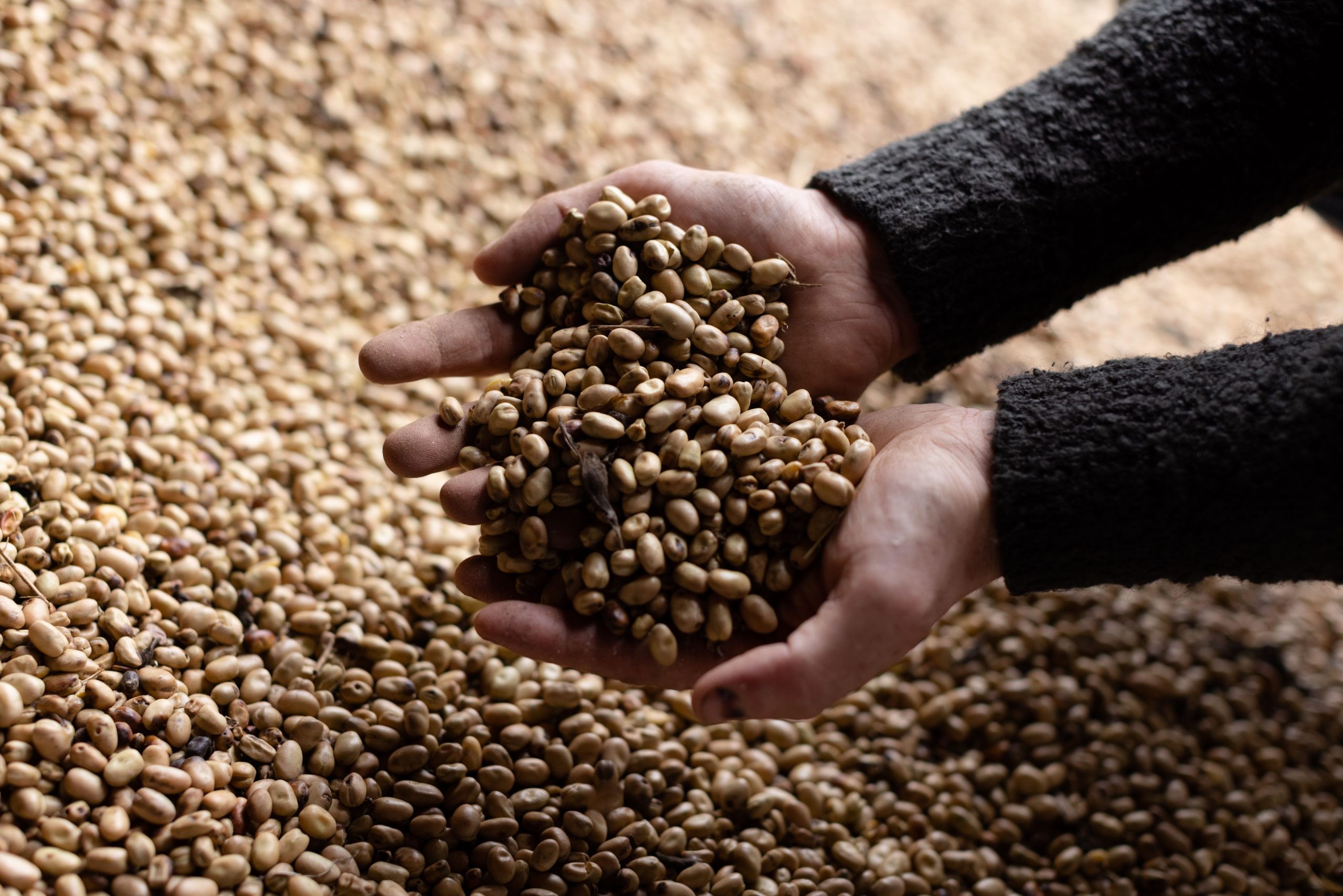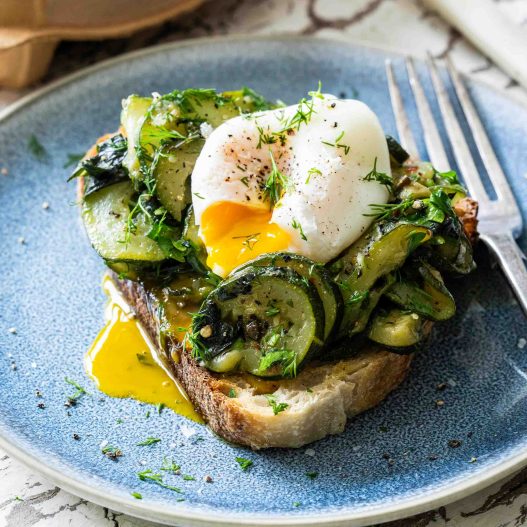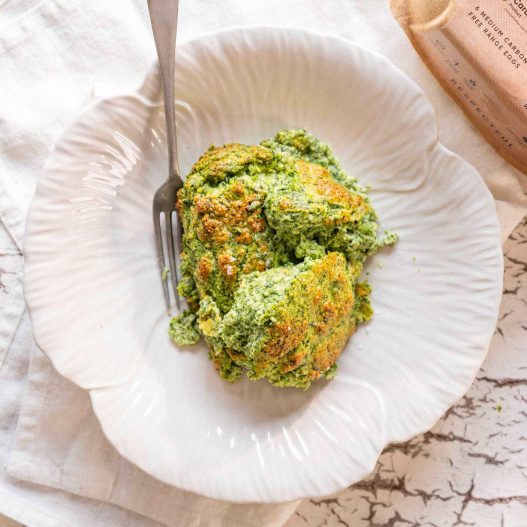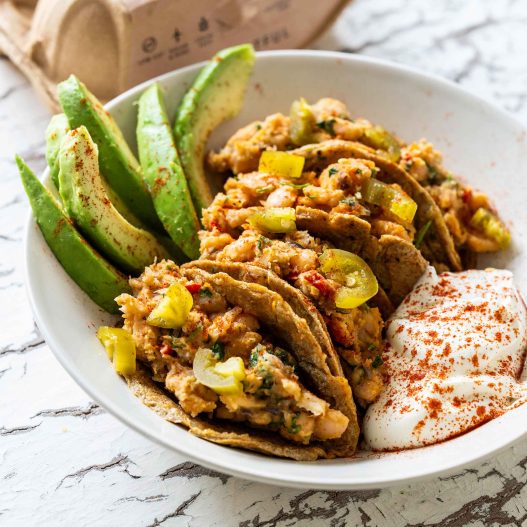October 12 2021
Why we remove soya from feed
To cut a long but very important story short, soya production is not great for the planet. But that’s all we cut – the story. Whereas across the globe but particularly in South America, soya production is contributing to deforestation on a large scale. It’s the biggest single contributor of carbon emissions when it comes to animal feed production. That’s why we have removed it from our hens’ diets – completely! Instead, our wholesome girls dine on a nutritious diet full of homegrown deliciousness, including protein alternatives such as lupins, munga beans and peas. We are making a whopping 50% reduction in CO2 emissions alone versus a standard brown laying bird on a soya diet. This is something to celebrate!
But the story doesn’t end there…as much as we would love to have entirely removed carbon from our process naturally, we did have a little amount that has proven tricky right now to stop – but don’t worry we’re working on it! We are on a journey and doing the absolute best we can, so the small percentage of carbon we have left currently in our egg production process is carefully offset in a poignant ‘full-circle’ project which targets deforestation – something you know is close to our hearts.
With help from our friends at Climate Partner, we chose important offset projects in South America, a region highly impacted by deforestation and vulnerable to soya production – that’s the full circle bit! Our offset projects are helping to protect the forests in the very beautiful but vulnerable regions that we refuse to pilfer from. We support three projects currently.
One of our three projects is committed to securing the livelihoods of the Ribeirinhos, the inhabitants of the Amazon, by reclaiming the land for their use. The land in this region of Portel, Brazil is home to multiple species on the verge of extinction, such as capuchin monkeys and black bearded sakis, and is in desperate need of protection.
Another project supports locals in preventing illegal logging on the rivers that flow through the region and trains local villagers as monitoring staff.
Our final project is called the Ecomapuá Project, which protects the forest in the unique ecosystem of the Várzea on the Brazilian Amazon estuary. It creates alternative sources of income for families, for example by trading the açaí fruit. This berry is not only popular in Brazil but is also increasingly demanded as superfood across the world.
We’re proud to help put some life back into these extraordinary regions and allow our rainforests to breathe a little easier – they are the lungs of our planet after all.






